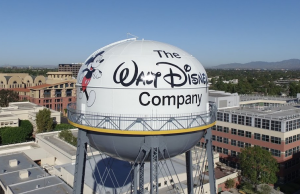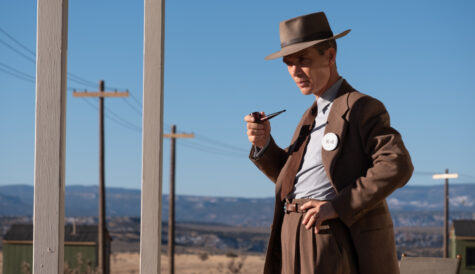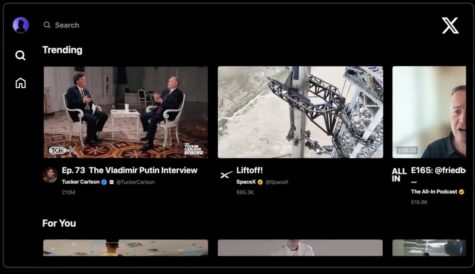Disney’s streaming play and Fox’s Sky bid
 Disney CEO Bob Iger this week used the company’s Q3 results to open the door of the room in which the Mouse House’s new streaming service is being prepared a fraction, giving investors a peek at what is envisaged.
Disney CEO Bob Iger this week used the company’s Q3 results to open the door of the room in which the Mouse House’s new streaming service is being prepared a fraction, giving investors a peek at what is envisaged.
Iger told analysts that Disney will “continue to move full steam ahead with our direct-to-consumer strategy”, which he referred to in his remarks as ‘Disney Play’. However, playing against the ‘full steam ahead’ message, one of the things he revealed is that Disney is not in a hurry to launch.
The service is planned for ‘late 2019’. Iger said that there was no need to rush into anything because of a fear that “the market will pass us by” because “the only place” that consumers will be able to view Disney, Pixar, Marvel and Star Wars original content. “We believe that whenever we launch, it will be attractive,” he said.
He also said that the service will be populated over time as Disney claws back rights that are currently sub-licensed to third parties. However, the core proposition will be as a home for original content from key Disney brands. This means that quality is more important than quantity. While Disney may not be able to make all of its movies available on the app, at least initially, it will use it as the vehicle for its 10-part original Star Wars TV series, for example.
Iger confirmed earlier announcements that Disney Play would include “some original films” from the company’s extensive library even if recent releases won’t be immediately available. However, he indicated that those rights would be reserved henceforward. Since taking the decision to go OTT, Disney has “not done anything that would further encumber our product”, he said.
Despite industry observers using the appellation ‘Disneyflix’ as shorthand, Iger indicated that it is not his goal to take on Netflix directly. The new service will have a lower volume of content than Netflix and will consequently have a lower price.
Unlike Netflix, Disney’s new services will not be its only OTT play, let alone its only media play. The company has already launched its sports offering ESPN+, which Iger reported had “exceeded our expectations” without specifying what those expectations were, other than to say they were “relatively modest”. Its forthcoming acquisition of 21st Century Fox’s entertainment assets – assuming international regulatory approvals are secured – will also give it a controlling stake of 60% in Hulu, the US subscription-based streaming service.
While Iger said that the Fox deal would provide the opportunity to “make our D2C products even more compelling for consumers”, he refrained from being too specific about which assets he had in mind, although he indicated that National Geographic content could ultimately be added to the new service.
Iger indicated that Disney is positioning Disney Play and Hulu at different audiences, with the former taking the form of a more family-oriented proposition that leverages the Disney brand’s association with family-friendly product.
Iger also said squarely that Disney Play’s launch would be “the biggest priority of the company” in 2019 – this in the same timeframe that the company expects to be integrating Fox’s entertainment business.
Disney’s Q3 results came out on the same day that 21st Century Fox made its formal offer of £14 a share for the 61% of Sky it does not already own to shareholders, meaning that it has declined for now to top Comcast’s recommended superior offer of £14.75 a share.
Fox’s move gives it and Disney time to decide whether to top Comcast’s rival offer, which has been recommended to Sky shareholders by the company’s independent committee, or to fold. Answering analyst questions, Iger reminded his audience that “our consent is required for an increase in [Fox’s Sky] bid”.
Fox’s decision to make a public offer for Sky rather than to acquire the 61% it does not already own through a scheme or arrangement means that the process could take longer to complete and carries the risk that Fox will not immediately be able to delist the company, but it does give it the option to go for a simple majority of shares – including its own existing stake – rather than the current high threshold of securing acceptances of 75% of investors.
Disney’s thinking on Sky has been subject to much speculation, with some observers pondering whether Comcast and Disney might be preparing some kind of asset swap whereby Comcast gets Sky and Disney takes over Comcast’s stake in Hulu. The Mouse House is taking on significant additional leverage to acquire Fox’s assets and it may be reluctant to take on more to pay more for Sky. However, others have pointed to the value placed by Disney on taking control of Sky as key to its forward strategy.
Disney’s streaming project has the merit of being something wholly under its control. What happens with Sky involves a big element of uncertainty.



